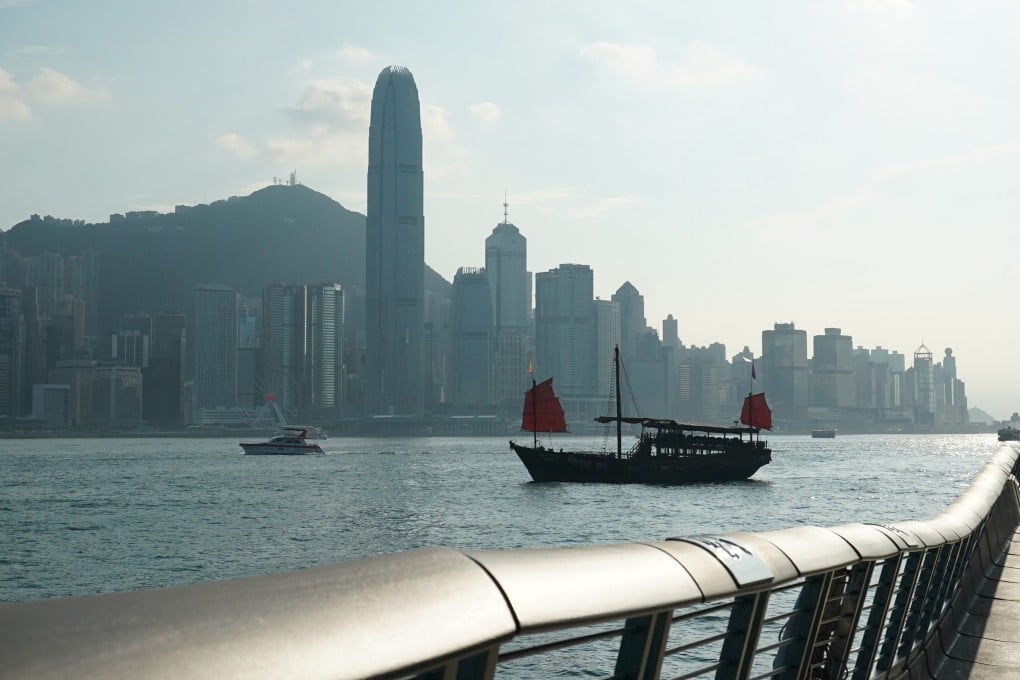The View | Three steps Hong Kong must take to revive its economy and restore its global reputation
- After its mishandling of Omicron, Hong Kong needs a programme of damage control to regain investor confidence and bring stability back to residents’ lives
- That means building economic resilience, strengthening networks for trade and talent, and putting substance behind claims of being a world city

The damage Omicron has done to Hong Kong’s economy and reputation risks being long-lasting. Those who would like to continue to live and do business in this place must work together in charting a path to repair this damage. Those who think Hong Kong cannot recover need not read on.
Three priorities stand out. If Hong Kong is to have a chance at recovery, it must get them right.
Hong Kong’s handling of the Omicron wave has dented its global image. Going forward, it will need a clear emergency plan in place to combat more transmissible or lethal variants and possibly a future pandemic, learning from its mistakes and implementing measures aligned with those of the international scientific community.
Part of this preparedness plan can be piloted when schools restart. Practices to stem school outbreaks, such as regular rapid testing, better ventilation systems, provision of high-quality face masks for those in need, and clear guidelines for schools and parents on what to do when a student is ill, can help maintain stability and reduce the strain on working parents.
